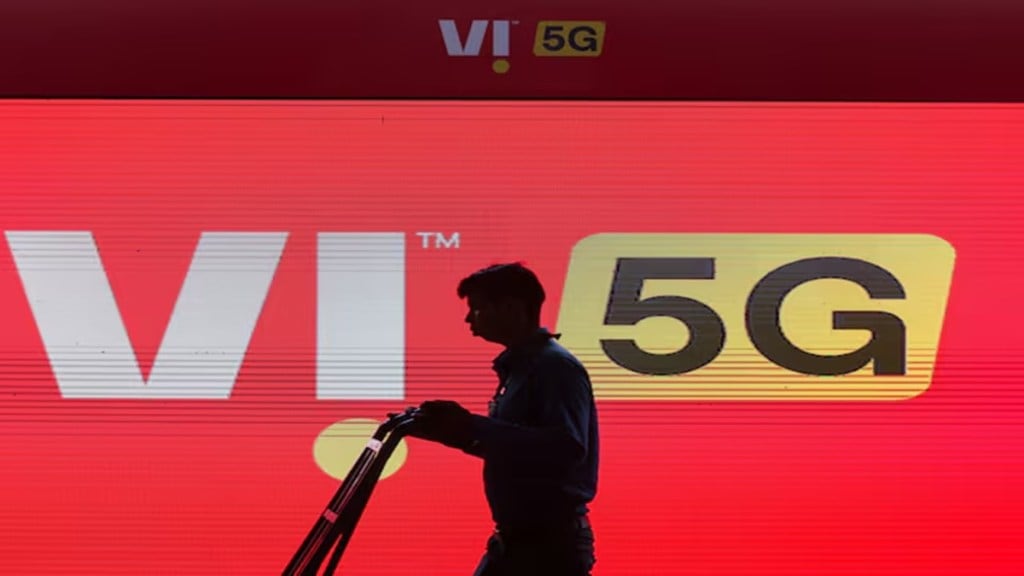Vodafone Idea has knocked on the doors of the Supreme Court once again, filing a fresh petition against the department of telecommunications (DoT) for raising an additional demand of Rs 9,449.08 crore towards adjusted gross revenue (AGR) dues up to the period of 2016-17. The company has argued that the demand is impermissible since the apex court had already frozen the amount payable under its earlier judgment, and any reassessment now undermines the finality of that order.
According to the petition, the additional liability includes Rs 6,675.15 crore relating to the pre-merger operations of Vodafone Group and another Rs 2,774.08 crore for the period post its merger with Idea Cellular. The demand was communicated through a DoT letter to the company on August 13. Vodafone Idea has challenged this move, contending that as per the SC’s order dated 20.7.2020 and 1.9. 2020 the government has no authority to re-open settled accounts.
Company’s legal contention
The company’s core argument is based on the finality of the SC’s ruling in the long-running AGR case. It has maintained that the dues had been conclusively determined by the court at Rs 58,254 crore, which became binding on all stakeholders. By issuing a fresh demand, the DoT has, in the company’s view, effectively recalculated dues despite the fact that the apex court itself had refused to entertain requests for recalculation in the past.
The petition has highlighted that the company had previously approached the SC seeking re-calculation of the dues, arguing that the DoT had committed arithmetical errors by way of double counting in its assessment. However, the SC had dismissed that request, holding that the matter was closed and that no further reassessment was permissible.
Vodafone Idea has now petitioned that if the apex court had rejected its plea for recalculation, then the same principle should bind the government. In other words, if the company was denied relief on the ground that the AGR liability was frozen, the DoT too should not have the right to revisit and inflate the dues. The petition has argued that allowing such selective reassessment would be arbitrary and would violate the principles of equality before law. The company has therefore, stated in its petition that either the demand up to FY 2016-17 should be treated as completely crystallised, as has been done by the hon’ble SC, if there ought to be a just and fair reconciliation and reassessment of all dues.
Financial implications
The company has further said that the fresh demand not only lacks legal basis but also threatens its financial stability. It has said that the enforcement of the Rs 9,449 crore liability would cause irreparable harm, jeopardising its ability to continue as a going concern. Vodafone Idea, which has been struggling with debt and mounting losses, has warned that such a move could have serious repercussions for employees, subscribers, and investors alike.
Earlier this year, Vodafone Idea had approached the apex court with a writ petition seeking waiver of dues to the tune of Rs 45,457 crore. It had clarified that it was not seeking a review of the 2020 judgment but is instead pleading for relief from the burdensome financial consequences of that ruling.
It had also said that if it did not get some relief from the financial burden of AGR related payments, it may not be able to continue operations beyond March 2026. The petition, along with peer Bharti Airtel’s which was similar in nature, was rejected by the SC.
As on June 30, 2025, Vodafone Idea’s payment obligations to the government stood at Rs 1.99 lakh crore including deferred payment obligation towards spectrum payable over the years till FY 2044 and AGR (including interest accrued but not due) payable over the years till FY 2031.
The AGR installment on which moratorium was taken under the 2021 telecom reforms package amounting to Rs 16,428 crore is payable in FY26, as is a payment of Rs 2,641 crore towards deferred spectrum dues, the company had said at the end of the quarter.

